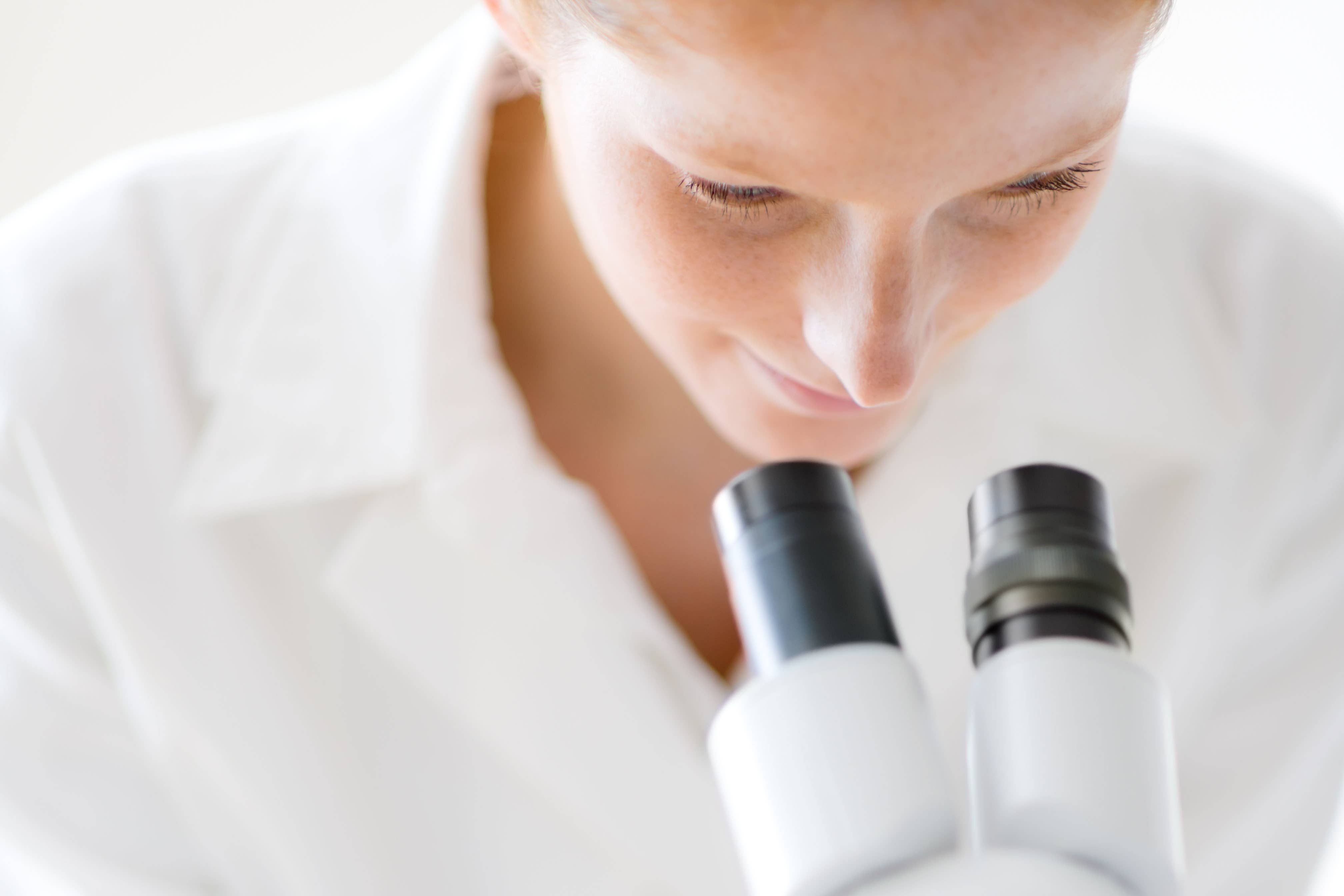Scientists discover how bacteria pair up to boost their defence system
The discovery could help lead to develop alternatives to antibiotics.

Scientists have discovered that bacteria can pair up to boost their defence systems which could help lead the way to the development of new alternatives to antibiotics.
The research by the University of Southampton, to be published in the journal Cell Host and Microbe, found that bacteria can boost their defence systems to fight off attack from phage viruses.
A university spokesman said: “This new groundbreaking research shows that inside each bacterial cell different defence systems are forming partnerships and combining their strengths to effectively combat viral threats.
“Phage viruses, or bacteriophages, could be thought of as ‘the good guys’ of the virus world.
This new groundbreaking research shows that inside each bacterial cell different defence systems are forming partnerships and combining their strengths to effectively combat viral threats
“Spider-like in their appearance, the microscopic organisms can kill harmful bacteria without affecting the good bacteria in our bodies.
“Understanding how bacteria respond to phages is crucial in exploring how these viruses can be used to fight infections in humans, as an alternative to antibiotics.”
Dr Franklin Nobrega said: “Just like how our immune system protects us from harmful germs, bacteria have their own set of defence systems which create a dynamic shield against viral threats.
“Imagine if your white blood cells, antibodies and killer T-cells all joined forces to fight off a virus together. This is exactly what is happening inside bacterial cells.
“We used to think of bacterial defence as a solo act, but it turns out it’s more like a buddy system.
“A ‘dynamic duo’ of defence systems merge their powers to mount a stronger response than they otherwise would have achieved, potentially saving the cell from destruction.”
We used to think of bacterial defence as a solo act, but it turns out it’s more like a buddy system
The researchers, funded by the Wessex Medical Trust and the National Institutes of Health in the US, analysed existing datasets to find patterns of paired defence systems in the genomes (cell DNA instructions) of 42,000 bacteria, including E. coli.
They looked for pairs which occurred more often than would be expected by random chance.
The spokesman said: “The scientists then took a selection of these and tested them in the lab for enhanced virus immunity and, crucially, ‘synergy’ – in other words, a defence effect in the bacteria which is more powerful than the sum of its parts.”
The spokesman said that antimicrobial resistance (AMR) had been identified by the World Health Organisation as one of the top 10 global public health threats.
He said: “It occurs when medicines, such as antibiotics, no longer effectively prevent and treat disease. Although resistance to treatments can occur naturally, the overuse of certain drugs and poor infection control are accelerating the problem.
“Phages could be one way of helping with AMR. Their ability to selectively kill harmful bacteria, while sparing ‘good’ bacteria, makes them a strong contender as one alternative to antibiotics.
“However, a lot more research is needed before treatments are refined and they can be widely used.”
Dr Franklin Nobrega added: “Phages are already in use as a last-resort treatment for antibiotic-resistant bacterial infections, a practice known as phage therapy.
“But by delving into how bacteria defend against these phages, we can supercharge our strategies to make them even more effective at wiping out bacterial cells, offering a glimmer of hope in the battle to keep infections at bay.”